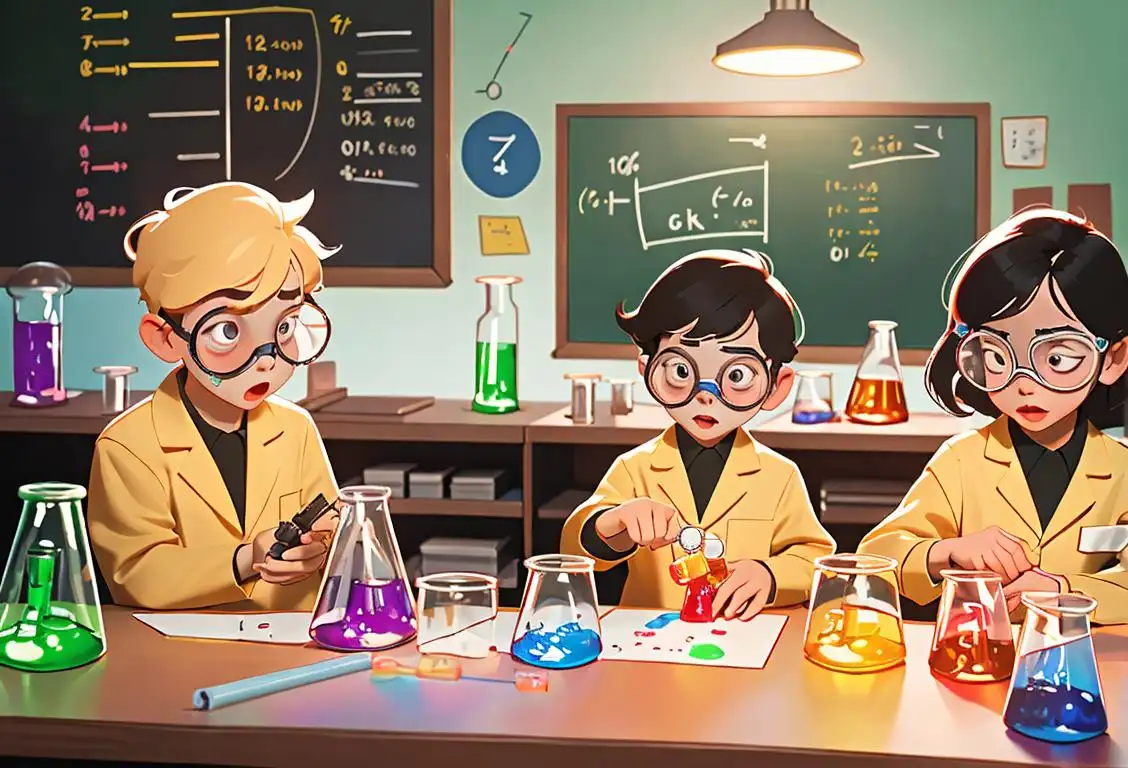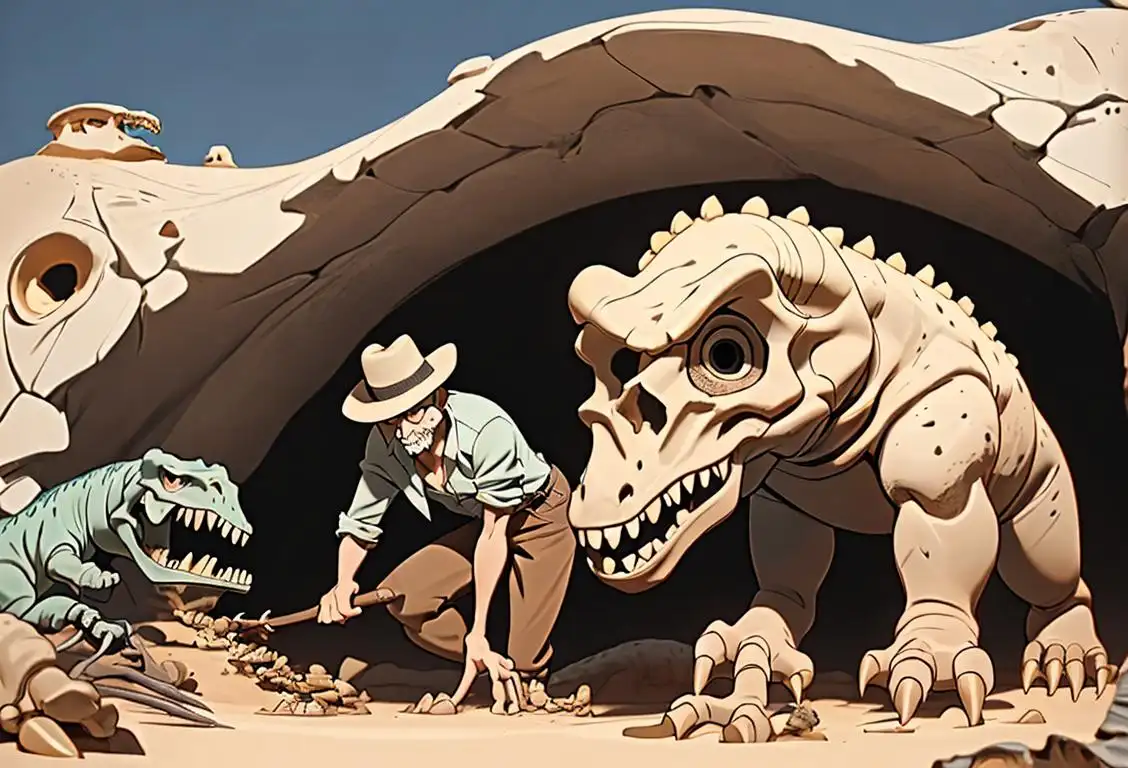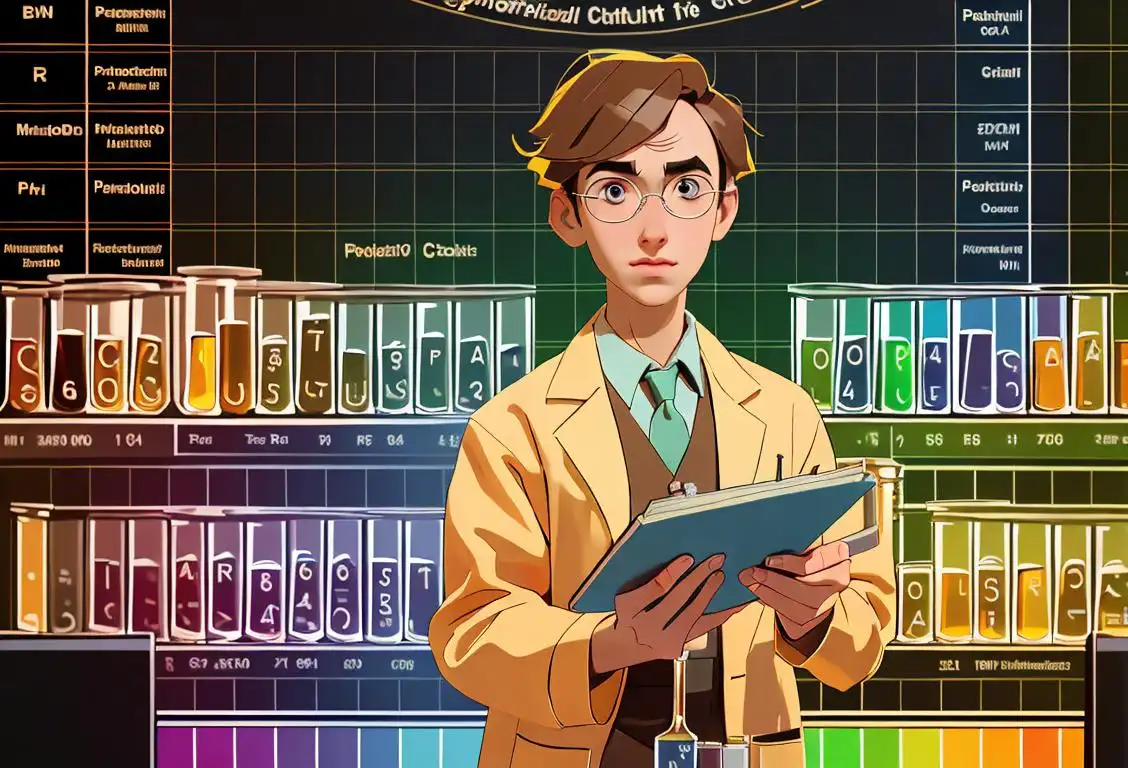National Science Day

'Science is magic that works.' And this magic gets its prestigious stage on 28th February - our beloved National Science Day. Known to have had 43660 mentions online, we witnessed that this day got the maximum cyber love on 28th February 2021.
When is Science Day?
It's national science day on the 28th February.
A Day to Celebrate Science: What's the Mojo behind it?
Ignoring the rather unfortunate fact that most of us thought 'Bunsen Burner' was a type of gym workout, National Science Day is a day to celebrate scientific curiosity and the wonders it has brought to our lives. So, why does this day fall on the 28th of February, you ask? Well, that's chemistry (or should we say history?). Everything comes down to the Raman Effect. No, it’s not a new yoga trend, it is indeed the discovery by Nobel laureate Sir C.V Raman. He found out how light behaves when it zaps through various mediums, and made this groundbreaking discovery on 28th February, 1928. Feeling smarter already, are we?
Science Day: More than Just a Day
National Science Day isn't just about recreating high school chemistry nightmares – it's a day that spotlights scientific innovation and encourages people to ask big questions about the universe. It's a day where Albert Einstein isn't just a name on a poster, but a symbol of limitless curiosity and relentless exploration. The atoms that make up our world – not to mention carry our text messages – wave their teeny, tiny hats in salute of this wonderful day!
Spread the Cyber Love for Science
Last year on 28th February, the mere mention of National Science Day made the internet go into overdrive. Our tiny corner of cyberspace detected 43660 mentions of National Science Day. Even Twitter threads– not known for their intellectual rigour – blossomed into full-blown discussions on scientific discovery with #NationalScienceDay trending like the latest boyband.
History behind the term 'Science'
6th century BCE
Emergence of Natural Philosophy
During the 6th century BCE, a group of ancient Greek thinkers known as the Ionians started contemplating the nature of the world and its phenomena. They sought to explain the natural events around them, such as the movements of celestial bodies and the behavior of matter. This intellectual endeavor marked the birth of natural philosophy, the early precursor to what we now recognize as science.
3rd century BCE
Aristotle and the Beginnings of Systematic Observation
In the 3rd century BCE, the Greek philosopher Aristotle made significant contributions to the development of scientific inquiry. He emphasized the importance of systematic observation and recording of evidence to understand the natural world. Aristotle's writings covered a wide range of subjects, including biology, physics, and astronomy, and his approach laid the foundation for empirical investigation, an essential aspect of science.
17th century
Scientific Revolution and the Birth of Modern Science
The 17th century brought about a dramatic shift in scientific thinking known as the Scientific Revolution. Prominent figures such as Galileo Galilei, Johannes Kepler, and Isaac Newton challenged traditional beliefs and forged new paths in understanding the laws governing the universe. This period witnessed advancements in mathematics, physics, astronomy, and biology, setting the stage for the development of the scientific method and the birth of modern science.
19th century
Advancements in Scientific Fields
The 19th century witnessed remarkable breakthroughs and advancements in various scientific disciplines. The fields of chemistry, physics, biology, and medicine expanded rapidly with discoveries such as the periodic table by Dmitri Mendeleev, Michael Faraday's electromagnetic induction, Charles Darwin's theory of evolution, and Louis Pasteur's germ theory. The rapid growth and specialization of scientific knowledge during this time laid the groundwork for the tremendous progress that followed.
20th century
Revolutionizing Science through Quantum Mechanics and Relativity
The 20th century ushered in revolutionary scientific concepts. Albert Einstein's theory of relativity redefined notions of space, time, and gravity, while Max Planck and Niels Bohr's work in quantum mechanics revolutionized our understanding of the behavior of particles at the atomic and subatomic levels. These advancements in theoretical physics set the stage for the development of new technologies and further propelled scientific progress in various fields.
21st century
Interdisciplinary Collaboration and Technological Advancements
In the 21st century, science continues to evolve at an unprecedented pace. The increasing interconnectedness of scientific disciplines has led to extensive collaborations and the emergence of interdisciplinary research. Technological advancements in fields such as genomics, artificial intelligence, and space exploration have opened up new frontiers for scientific exploration. The accumulation of scientific knowledge and the ever-expanding scope of research continue to shape the way we understand and interact with the world.
Did you know?
Did you know the theme of National Science Day 2021 was 'Future of STI: Impact on Education Skills and Work' aimed at raising public appreciation on scientific issues for development of the nation.Tagged
fun national day sports education technology science cooking Raman EffectFirst identified
10th March 2015Most mentioned on
28th February 2021Total mentions
43660Other days
Science Day
Space Centre Day
Stem Day
Injury Prevention Day
College Colors Day
College Signing Day
Fossil Day
Dna Day
Student Athlete Day
Periodic Table Day








